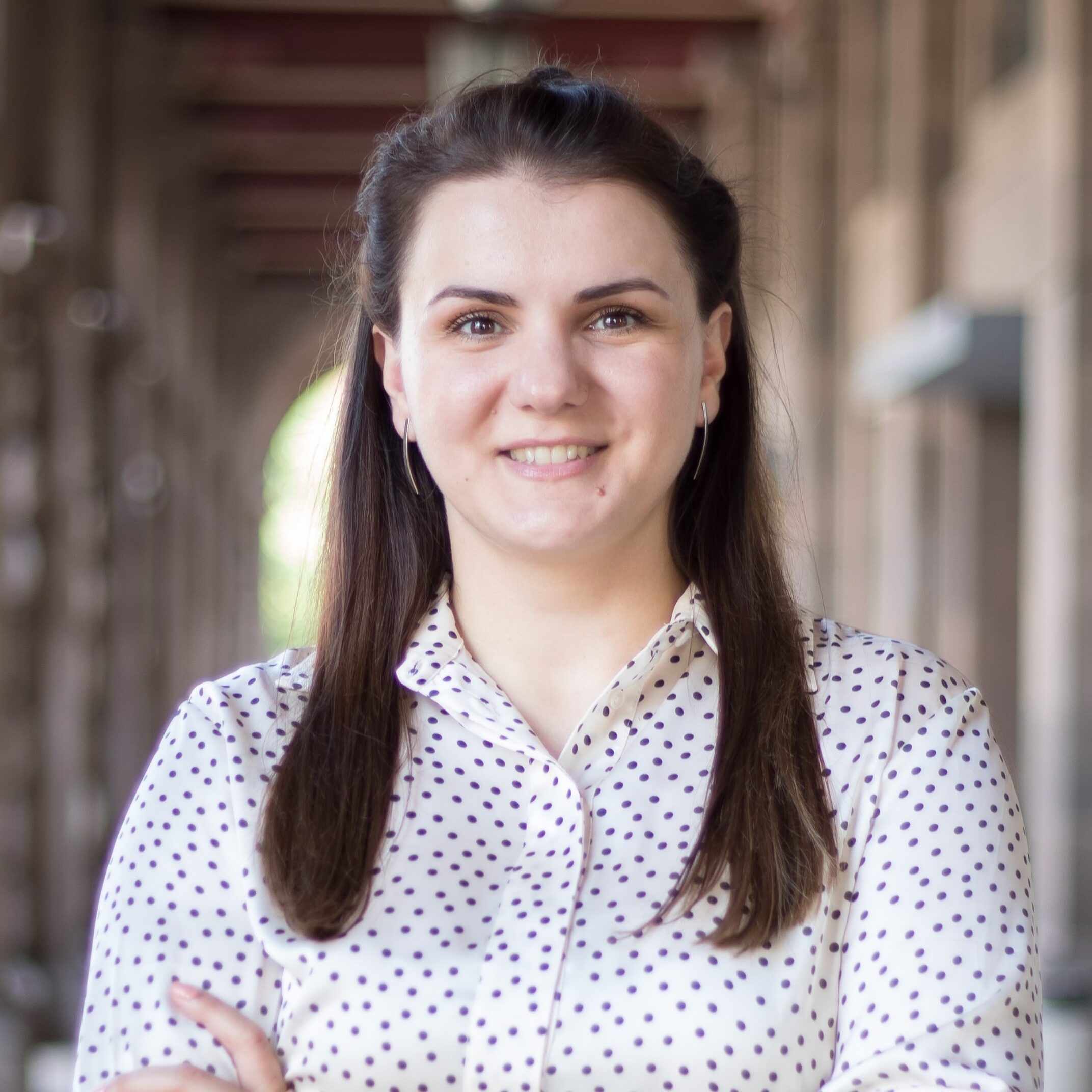Courtney Blackington

Courtney Blackington is a PhD candidate in Political Science at the University of North Carolina at Chapel Hill. She holds a BA in Government from the College of William and Mary and a MA in Political Science from Columbia University. Her research analyzes how citizens and civic groups respond to populists who undermine liberal democracy and spread disinformation. She studies what motivates people to take to the streets and protest either for or against the political power and policy preferences of populist forces. She also contributes to timely debates about the spread of disinformation by showing when populists are rewarded—or punished—for spreading conspiracy theories. Her research has been supported by the U.S. Department of State, American Councils, Fulbright Commission, the European Union, the BEAR Network, UNC, and the University of Pittsburgh. She has published two articles in East European Politics and has two forthcoming articles in East European Politics and Societies. She has also published in The Monkey Cage, and had her research covered by The Washington Post. She spent the 2021-2022 academic year as a Fulbright and Title VIII Scholar at the Polish Academy of Sciences and the University of Warsaw.
Silviya Nitsova

Silviya Nitsova is a PhD candidate in Political Science at the University of North Carolina at Chapel Hill and a member of the Authoritarian Politics Lab at the same university and the Volfovsky Lab Group at Duke University. Her work focuses on political economy, money in politics, and corruption. She is especially interested in how extremely wealthy businesspeople (oligarchs) interact with politicians, political institutions, and the public to shape important political and policy outcomes in weakly institutionalized states. In her research, Silviya draws heavily from the contemporary experience of Ukraine and other post-communist states, and utilizes a variety of data collection and data analysis methods, including social network analysis, surveys and survey experiments, automated data collection techniques, and elite interviews.
Dissertation Title: “Oligarchs and State Capture in Post-Euromaidan Ukraine”
Dissertation Summary: In her dissertation, Silviya develops a novel network-based methodology for uncovering oligarchs’ groups of loyalists in government institutions and uses original quantitative and qualitative evidence to demonstrate that such groups of loyalists exist in the Ukrainian legislature and that they shape policymaking and reform beyond the narrow set of economic policy issues of interest to oligarchs. She further analyzes the effects of Russia’s full-scale invasion of Ukraine as an external shock on oligarchs’ networks of influence in the Ukrainian legislature. Finally, she uses a conjoint survey experiment to explain the determinants of public support for oligarchs and trust in government based on pro- or anti-oligarch policies at a time of severe crisis. Silviya’s dissertation makes significant scholarly and policy contributions by improving our understanding of oligarchy, state capture, political connections, patronalism, legislative politics, public policy, political representation, and public support for the superrich in the context of developing democracies.
Dissertation Committee: Graeme Robertson (Chair), Alexander Volfovsky (Duke University), David Szakonyi (George Washington University), Cameron Ballard-Rosa, Lucy Martin.